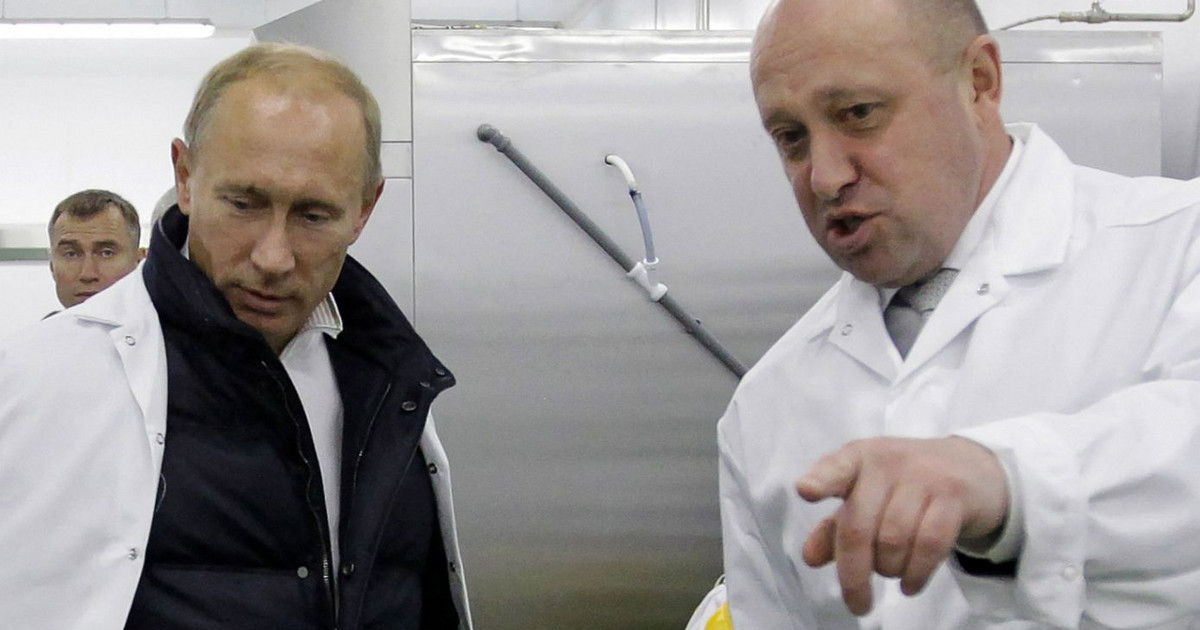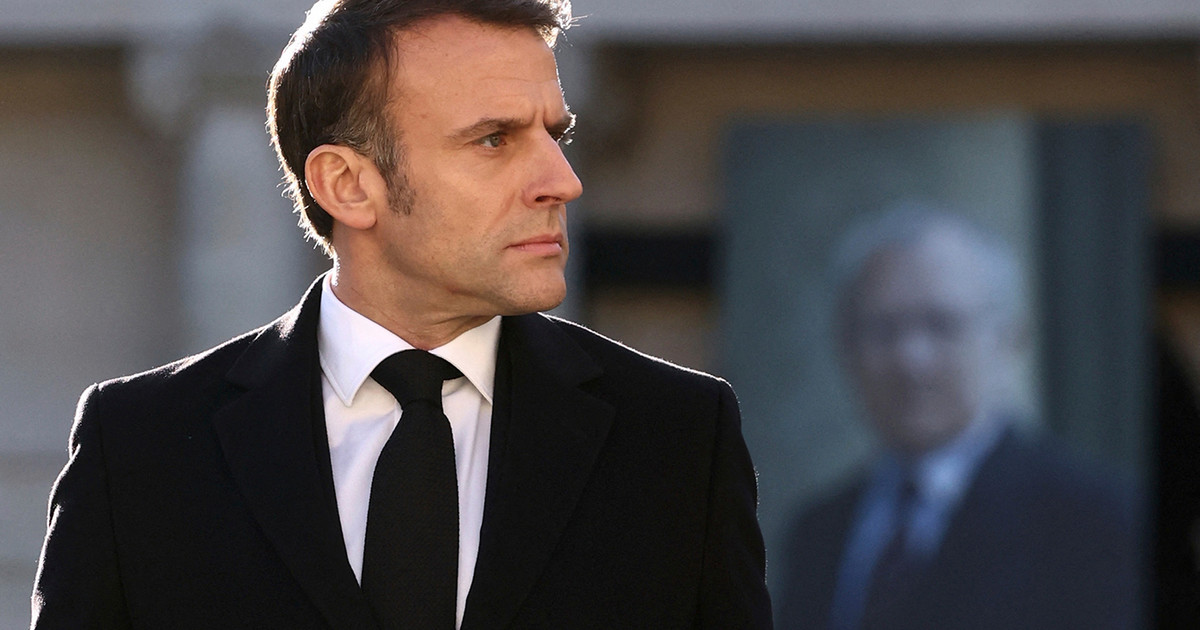Emmanuel Macron is facing the challenge of parliamentary elections before the start of his second term in the Presidency. A difficult puzzle.
Less than a few days have passed since the French re-elected Emmanuel Macron in the presidency, with a percentage of 58.5%. But that is not enough. If he really wants to rule without constant concessions, Macron will have to win the parliamentary elections as well. The first round takes place on June 12, followed by the second round on the 19th of the same month.
According to the latest poll by the ifop Institute, the winner in the first round of the parliamentary elections will be the Left with 28% of the votes, followed by the presidential party Renaissance (“Renaissance”) and in third place is the far-right “National Alarm” of Marin Le Pen. The Left dreams of a “cohabitation”. This means that due to a balance of power and the inability to gather the necessary majority in the French National Assembly, the president of the Republic will appoint a prime minister from a rival political camp. This would be the second time in the history of the Fifth French Republic. This would mean that Macron would be forced to remove Elizabeth Bourne, who was appointed new prime minister just Monday, just weeks before the parliamentary elections.
The end of reforms
Most importantly: such a cohabitation would result in the permanent burial of Emmanuel Macron’s ambitious reform agenda. In particular, the reform of the insurance system with an increase in the retirement age to 65 would be permanently included in the file. “In this case, Macron would be limited to the symbolic powers of the president, trying to exert as much influence as possible in certain processes, but his real power would be rather limited,” said Emmanuel Droua, a professor of modern history at Sciences Po University. of Strasbourg.
However, even a clear victory of the opposition in the first round of elections is not a guarantee of a change of government. In France’s 577 constituencies, a majority system is in place. This means that if a candidate wins the first, but not the absolute majority in the first round, he will have to be tested again in the second round of the parliamentary elections. Therefore any prediction is difficult for pollsters.
THE “historic” coalition Melanson
At the moment, both Le Pen’s National Alarm and the left-wing populist La France Insoumise (LFI) party of 70-year-old democrat Jean-Luc Melanson are trying to draw political capital from the reservations that many French people still hold for the current president. Parliamentary elections in an informal “third round” of the presidential election, which ended on May 6 with the re-election of Macron. It should be noted that both the Conservatives (Neo-Golists) and the Socialists, formerly protagonists in the political developments of the Fifth French Republic, sank in the presidential elections.
Only Melanson currently has real hopes for the post of prime minister in a possible change of government after the parliamentary elections. Le Pen may have garnered more than 13 million votes in the second round of the presidential election, prevailing in 30 districts of France, but her party’s prospects for the parliamentary election are rather limited, with a shortage of suitable candidates, if nothing else. Today, Le Pen’s party has just six seats in parliament. His presence with a strong parliamentary group, ie with at least 15 deputies, would already be a success.
As for Melanson, he has already achieved the great “trick” he sought, sculpting, together with the Socialists, Communists and Greens, a very broad political alliance, which everyone considered utopian until a few weeks ago. Title of the project: “Nouvelle Union Populaire ologcologique et Sociale”. In each constituency, the new “People’s Union” will field only one candidate, in order to avoid the dispersal of votes. As for Melanson, he does not tire of promoting himself as the next prime minister, promising a new course, both at home and in foreign policy. He is considered a critic of Germany and describes the Franco-German axis in the EU as “outdated”. His choice would probably put France’s relations with Germany to the test.
However, Professor Droua sees a “political current” in favor of Melanson, which will mobilize many left-wing voters. This is a new phenomenon. To this day, the disillusioned supporters of the failed presidential candidates have stayed out of the ballot box in the event that, a few weeks later, parliamentary elections follow. This certainly helped the President of the Republic to consolidate his power, securing the necessary parliamentary majority.
Predictions are difficult
Despite the “current”, pollsters do not expect a parliamentary majority for the Left. According to a poll by the OpinionWay Institute, Melanson could secure between 135 and 165 seats, while Macron, despite criticism, is expected to retain a parliamentary power of between 310 and 350 seats. Consequently, Professor Droua believes that Macron will be able to gather the necessary parliamentary majority for a smooth second presidential term, which will be the last, in accordance with the provisions of the Constitution. “Melanson in power means that the French will retire at 60, but they themselves know that such a thing is impossible,” he says. “But his criticism of the EU also raises concerns, as does his association with authoritarian regimes.”
Droua, on the other hand, argues that “in France there is a crisis of representative democracy”, since a large parliamentary majority in favor of Macron would override the objections expressed against him and could not function as a balancing mechanism for his powers. chairman. “That is why many politicians, not only from the National Alarm or the Left, but also from Macron’s political camp, are calling for a review of the electoral law and the introduction of a more proportionate system,” said Professor Emanuel Droua.
After all, Macron himself promised “a dose of proportional electoral law” when he was first elected five years ago, while he repeated the same promise in the 2022 election campaign. There is enormous pressure on the president to change the electoral law, but a quick decision is considered unlikely. . As for the opposition, according to Professor Droua, it is most likely that they will renew the appointment in the streets for a “warm autumn” with new mobilizations. “I’m afraid this will really happen in the fall,” he says. “For many French people, the street is the last chance they have to protest.”
Andreas Nol
Edited by: Giannis Papadimitriou
Source: Deutsche Welle
Source: Capital
Donald-43Westbrook, a distinguished contributor at worldstockmarket, is celebrated for his exceptional prowess in article writing. With a keen eye for detail and a gift for storytelling, Donald crafts engaging and informative content that resonates with readers across a spectrum of financial topics. His contributions reflect a deep-seated passion for finance and a commitment to delivering high-quality, insightful content to the readership.






